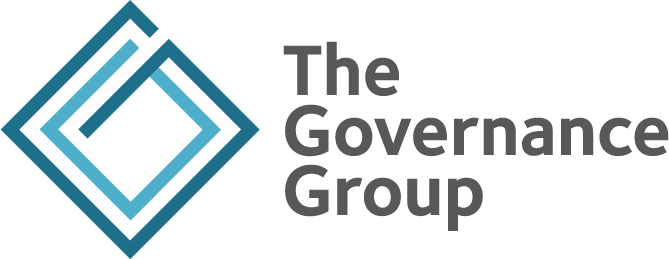Helping Boards Focus on What Matters Most
Not all information is created equal. So, who needs to know what when?
Good question. And the answer depends on who’s asking. If you’re a parent, you might feel you need to know everything, all the time, right now. If you’re a teenager, your view is likely the opposite. (Though, as a parent to three grown children, I can now say: sometimes there really is
such a thing as too much information!)
The same tension plays out in governance. Many Board members feel they need to know everything happening in the organization. In response, Executive Directors or CEOs may flood them with updates – so much so that it becomes overwhelming. Others take the opposite tack,
using information overload as an approach to keep the Board too busy to interfere with staff operations.
Whether it’s over-sharing or strategic withholding, neither approach is helpful – and both can lead to confusion and inefficiency.
A Board’s need for information should be guided by the Nice to Know – Need to Know Principle: The only information a Board needs to have is that which is necessary or relevant to carrying out its role and job functions. All other information is nice to know but not required.
Categories That Clarify What a Board Needs to Know
One way to cut through the clutter is to group information into three separate categories: Need to Know, Monitoring and Nice to Know.
- Need to Know: This is information the Board members must have to make decisions. It is information that is, will or could affect or shape the underlying assumptions and premises that contribute to their decision-making on matters brought before them. It is also information that includes trends, challenges, threats or opportunities that could impact how they will guide and direct the organization.
- Monitoring: The information in this category is used to determine whether existing Board directions and operating parameters have been satisfied. It is evidence based, offering proof of accomplishment or compliance (i.e., performance assessments).
- Nice to Know: When someone first joins a Board, they are legally required to understand the organization’s work, how it is managed and who it serves. At this stage, that information is essential; it’s “Need to Know.” This information becomes “Nice to Know” once Board members are familiar with the organization. Updates about programs, services, staffing changes, conferences and new initiatives may be interesting, but they’re no longer critical to fulfilling their role. This type of information helps keep directors connected but doesn’t support decision-making or monitoring. As such, if sharing, it should be done in a way that clearly marks it as incidental, not as a subtle invitation to monitor operations or interfere with staff responsibilities.
An essential factor in a Board’s effectiveness is being able to identify what it needs to know. It is the Board’s responsibility to identify the information it needs or wants to enable it to conduct its business rather than to simply sit back and have staff attempt to guess the Board’s expectations. The Board may not always know what information it requires, in which case it is appropriate to ask staff to identify what the Board should or might want to know.
Other Suggestions for Information Sharing
Another way to present the Board with information is to provide a package that contains information specific to items on the agenda; more general information about programs, activities and events; and information about emerging issues, trends and new developments.
Alternatively, general updates (e.g., program news, staffing changes and upcoming events) can be shared outside regular meetings. This might involve a dedicated information session held before or after a meeting, or weekly updates posted to the organization’s website. Both approaches help keep Board members informed without cluttering meeting agendas.
Perhaps the most important point to be made about these suggestions is that what they are designed to do is to help Boards use meeting time more effectively. The less time spent dealing with nonessential information, the more time available for addressing significant and critical issues.
Want to help your Board focus on the right information? We offer practical tools and workshops to help Boards clarify what they truly need to know and what they don’t. Be sure to check out our free resources on governance best practices. For specific questions on supporting your Board, please get in touch directly.
